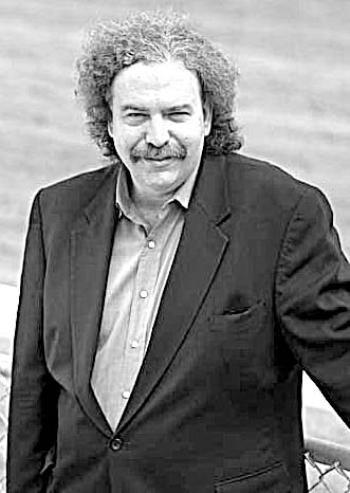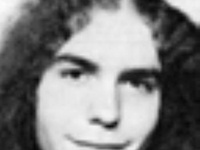"Copy!” a reporter hollered across the clatter of The New York Times newsroom.
Steven G. Crist ’78 ran to the reporter’s desk, snatched the finished page out of the typewriter and stuffed it in a pneumatic tube that led straight to the composing room, where the text was typeset in hot lead.
It was the spring of 1978, and Crist was working the night copyboy’s shift from 7 p.m. to 3 a.m.
It was also the spring of his senior year in college—and during the day, he was commuting back to Cambridge to take his final exams.
Crist sensed that being a copyboy was how all the legendary Times editors started out. So when the newspaper had called a few weeks earlier to offer him the job—on the condition that he start immediately—the son of newspaper and publishing parents, whose mother was a well-known movie critic, accepted right away.
He didn’t care about his exams because he had already given up his scholarly aspirations. One night late in his junior year, a friend who had beaten him for the presidency of the Harvard Lampoon took him to the dog track—“and that,” he says, “was the end of my academic career.”
After his first night at the races, Crist headed to various tracks almost every day. Indeed, before long, he had graduated from dogs to horses.
In horse racing, the undergraduate who had studied 17th-century metaphysical poets before dropping his English concentration to watch the greyhounds (he graduated with a degree in general studies) found a new subject to study. He bought and scrutinized a 100-volume collection of books on thoroughbred racing.
When the Times went on strike for three months starting in August 1978, he went to Belmont Park every day to study the art of handicapping.
What he loved was the numbers and the wagering.
Before each day’s races, he spent hours pouring over the columns of small print showing how each horse had done in its previous outings. In the earliest days of personal computers, he crunched this “past performance” data on his IBM PC.
Soon he was writing about horse racing for the Times, once researching a story by escorting a horse in the back of a cargo plane from race to race.
The city-savvy New Yorker, educated at the Upper West Side’s elite Trinity School and once so proficient at the piano that he lied about his age so he could play the storied Jimmy Ryan’s jazz club when he was 15 years old, has spent almost his entire adult life in horse racing.
The young man with literary aspirations, who published a collection of humor and fiction in 1980 called Off Track, eventually sat on a governor’s blue-ribbon commission on horse racing.
For two years he made a living off betting on the races, placing $1 million in wagers each year. Later, put in charge of marketing for New York’s horse racing association, he tripled the dollar volume bet on races at Belmont, Aqueduct and Saratoga.
Read more in News
Pataki: 'Yale is Going to Crush Harvard'














